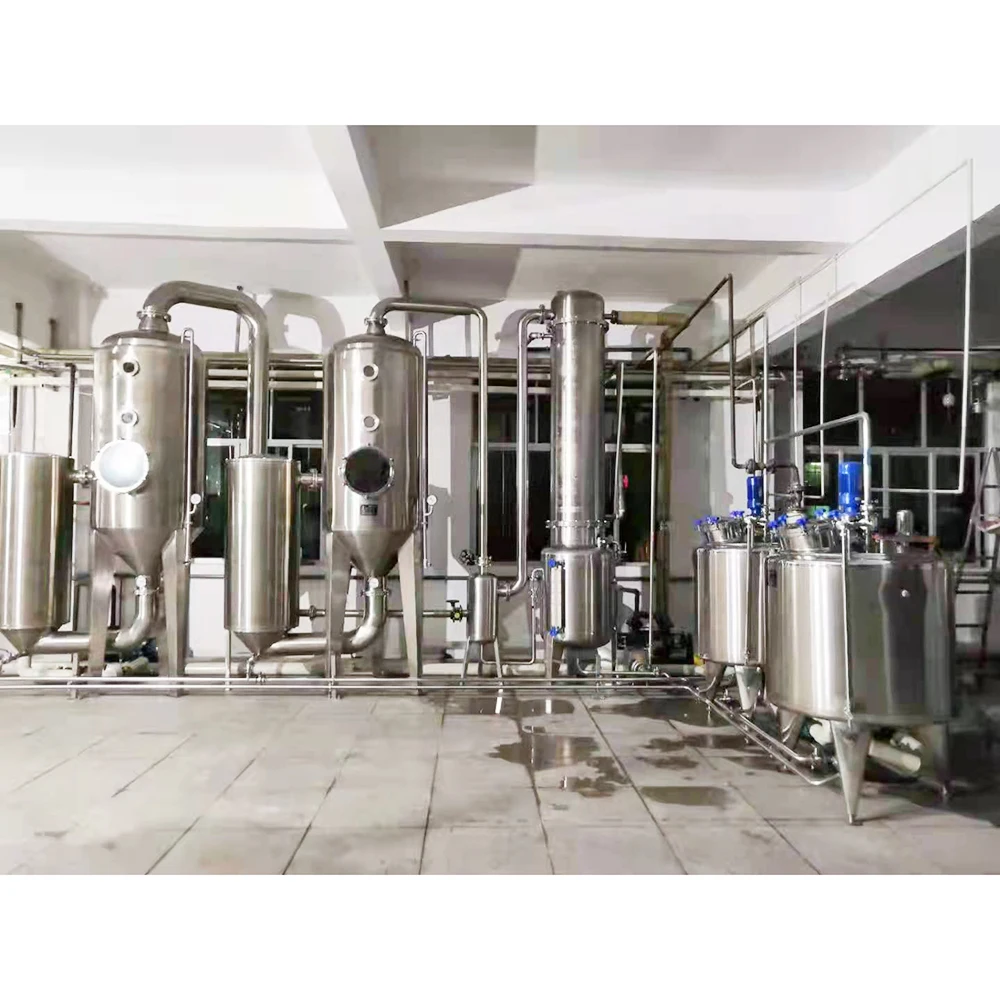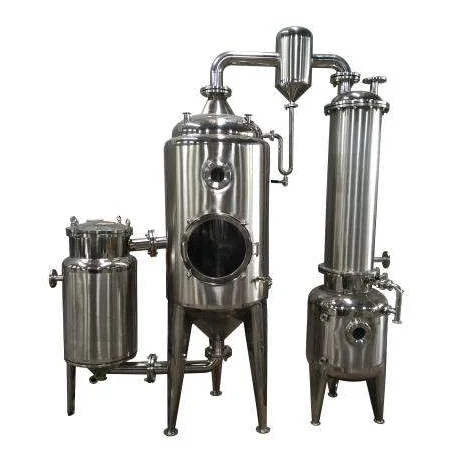ABOUT
Wenzhou Vince Machinery Science Co., Ltd. was established in early 1980s. Our company covers an area of 6500 square meters and is an independent legal representative firm, possessing rich economic technology strength. Our company is a high tech enterprise and plays an important role in national dairy, foodstuff, pharmacy and machinery industries. We are a beverage machinery supplier.
Since the establishment, our company has mainly engaged in dairy products, foodstuff, beverage machinery, bean products, yellow wine, medicines and fermentation projects. What's more, our company supplies a complete sequence services in manufacturing, installation, test and personnel train, as well as the whole direction service design and consulting service on product project construction or enlargement artistic distribution engineering sets budget.
Understanding the Mashing Tank's Role in Brewing
The mash tun is the heart of the brewing process. It's where the magic happens, where the raw ingredients are transformed into a sugary liquid that will eventually become beer. Understanding the mash tun's role is crucial to making great beer. Here's a look at the intricacies of this important vessel.
The Role of the Mash Tun
The mash tun's primary function is to convert the starches in the barley into fermentable sugars. This is achieved through a process called mashing. The process involves combining crushed barley (grist) with hot water. This creates a mixture called mash, which is then held at specific temperatures for certain periods.
During this process, enzymes in the barley malt, called amylases, break down the starches into sugars. Different types of amylases work optimally at different temperatures, which is why brewers carefully control the temperature throughout the mashing process. This precise temperature control ensures the proper conversion of starches to sugars, impacting the final beer's sweetness, body, and overall character.
Types of Mash Tuns
Mash tuns come in various shapes and sizes, reflecting the unique needs of each brewery. The most common type is the single-vessel mash tun, which combines the mashing and lautering processes (separating the liquid from the solid grains). Some breweries also employ multi-vessel systems, where different tanks handle specific stages of the mashing process.
Modern mash tuns often feature advanced temperature control systems and stirring mechanisms to ensure a consistent and efficient mashing process. The design of the mash tun can also influence the efficiency of the lautering process, impacting the yield of fermentable sugars and ultimately influencing the final beer's strength and flavor.
Importance of the Mashing Process
The mashing process is a critical stage in brewing because it determines the character of the finished beer. The temperature and duration of each step of the mashing process directly influence the types and amounts of sugars produced. This, in turn, impacts the beer's sweetness, bitterness, alcohol content, and overall flavor profile.
Mastering the art of mashing is essential for brewers who aim to consistently create high-quality beer. By understanding the role of the mash tun and the nuances of the mashing process, brewers can unlock the potential of their ingredients and craft truly unique and delicious beers.
SUBSCRIBE
INQUIRY




